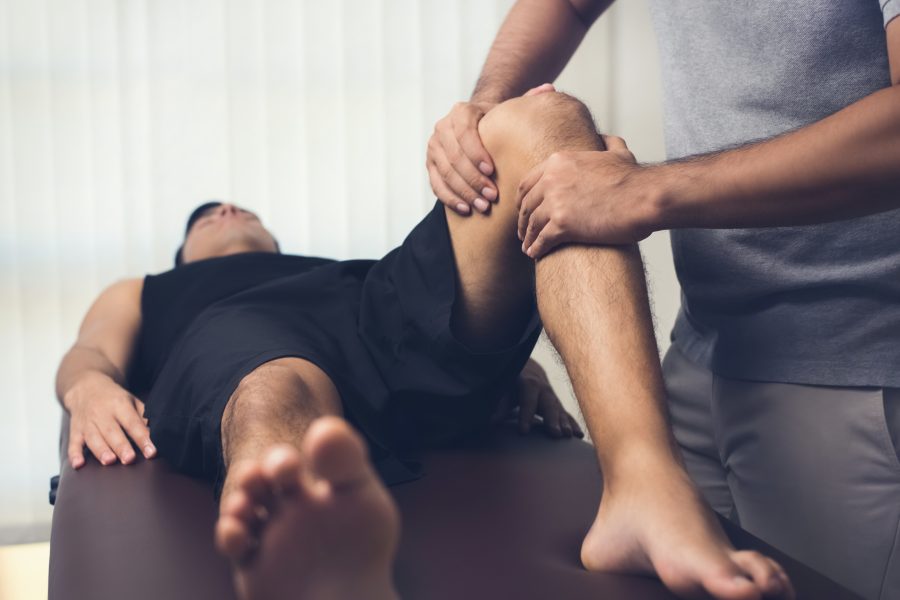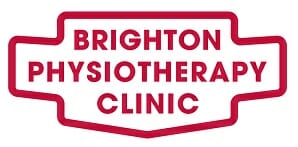Sports Athletes
What is Sports Physiotherapy?
Sports physiotherapy is a specialised branch of physiotherapy. It deals with sports-related issues and injuries.
Sports injuries differ to everyday injuries. The high level of performance demanded of athletes take a toll on the nerves, muscles, bones, and joints.
During games, athletes go through the same range of motions over and over. These repetitive motions, especially in sports like golf, tennis, and baseball put the related body structures through continual stress. This is why athletes are more susceptible to injuries. They may focus too much on a particular anatomical part and struggle with or neglect a particular phase of their motion. This exposes a specific anatomical structure to injury.
Sports physiotherapists help rehabilitate athletes from the injuries and stresses they have to endure as they push their limits. These specialists have sport-specific knowledge that are needed for the treatment of acute, chronic, and overuse injuries. They also provide the resources and the health education needed to treat and prevent problems.


Benefits of Physiotherapy for Sports Athletes
The many benefits of sports physiotherapy have long been established:
Facilitate Relaxation
Sports physiotherapy enables athletes to unwind and regain their energy after a long day in the field or at the gym.
Improved Flexibility of the Joints and Muscles
To ensure optimum performance, an athlete needs to stay flexible. Sports physiotherapy, which also involves osteopathy, helps athletes to stay in top shape and give their best during a game.
Enhanced Physical Strength
Strength and endurance are key aspects of any sport activity. Sometimes, the sportsman takes blows, especially in sports like boxing, rugby, football, and basketball, or undergoes strenuous aerobic exercise. Sports physiotherapy enables an athlete to withstand the stress and strains associated with sporting activities.
Prevention of Injuries
Every sporting activity has a specialised physiotherapist that will help an athlete enhance his/her physical aspects. The physiotherapist will design routines that will strengthen the body and reduce the chances of cramps, strains, torn ligaments, and other sports injuries.
Injury treatment and Athlete Rehabilitation
In sports, anything can happen and injuries are bound to occur. A specialised physiotherapist can help an athlete recover faster and prevent complications and the aggravation of an injury.
New findings have shown that sports physiotherapy aimed at facilitating a more functional pattern of breathing and cervical posture in athletes with exercise induced laryngeal obstruction (EILO) has helped in the following ways:
Treatment for Sports Athletes
Treatment for athletes can include exercise for functional rehabilitation and mobilisations, and movement control. To prevent injury and ensure you are in top form physically for competitions and training, regular visits to a sports physiotherapist are essential.
Regardless of an athlete’s level of fitness and the sport engaged in, physiotherapy increases the chances of success. As an athlete, your body is your tool and should be well maintained.
The rehabilitation of an injured athlete is carefully evaluated on a daily basis. Normal healing process goes through three phases: acute phase, sub-acute phase, and chronic phase. Each phase requires a different treatment approach. A sports physiotherapist will accurately diagnose each phase and recommend treatments.
Sports Athletes FAQ’s
An athlete should start physiotherapy as soon as possible after surgery. This will ensure quick recovery and reduce the risks of developing poor movement patterns. At the onset of physiotherapy sessions, treatment may include range of movement exercises, gait training, and pain management strategies.
You should consult your therapist immediately if your pain or discomfort returns.
Your sport physiotherapist will be able to advise you on when it would be safe to return. They have to take into account your tissue healing and the progress of your rehabilitation.
Returning too early can prolong recovery.
